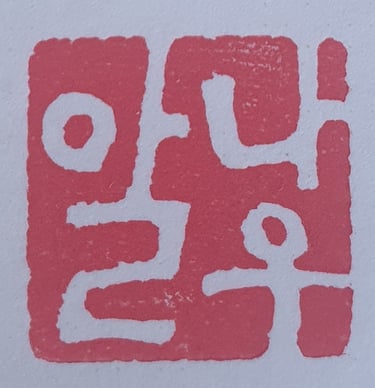Parent's day
Parents’ Day (어버이날, Eobeoinal), celebrated on May 8th in South Korea, is a heartfelt occasion to express gratitude and love toward parents and grandparents. Combining aspects of Mother’s Day and Father’s Day, it highlights the importance of family in Korean culture.
Origins & Traditions
Originally called "Mother’s Day" in 1956, it became Parents’ Day in 1973 to honor both parents. The celebration includes several meaningful traditions:
Carnations, symbols of respect and love, are given to parents and worn by children.
Letters of gratitude, written by children, express sincere and heartfelt emotions.
Family meals, shared at home or in restaurants, create special moments. Gifts are exchanged, but the thought behind them matters most.
A Celebration Rooted in Korean Culture
Parents’ Day reflects filial piety, a key Confucian value in Korea. Many adult children financially support their parents as a token of appreciation. As society evolves, celebrations adapt—video calls and mailed gifts are now common for families living apart.
A Festive and Symbolic Occasion
Despite its solemn meaning, Parents’ Day is also festive. Streets are decorated with carnations, schools and cities hold special events, and families spend quality time together. More than just a holiday, it serves as a meaningful reminder of family bonds and appreciation for parents’ lifelong dedication.
I suggest you listen to the song "Family Portrait" written and performed by Kim Jin-ho; an ode to parents (with English subtitles).

